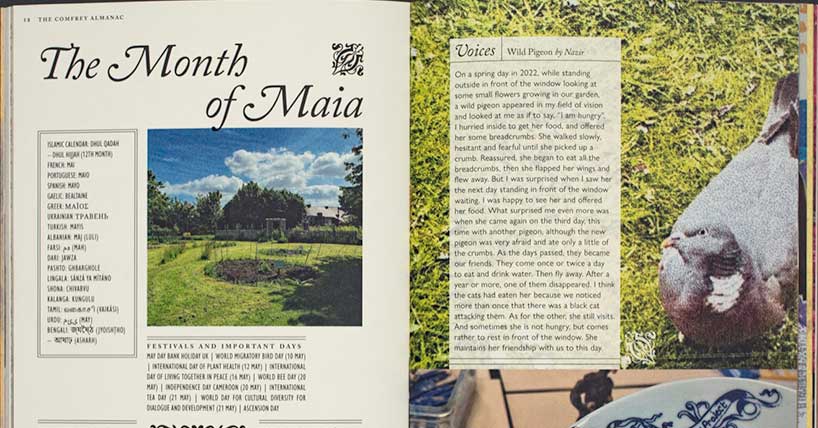Maritime humanities
Exploring the maritime histories that connect the world
Published on: 31 October 2018
The maritime connections between Newcastle and the rest of the world will provide the springboard for a discussion about the past, present and future of our relationship with the sea.
The 'blue' humanities
For millennia, the story of humans has been connected to the sea – from exploration and trade to industry and leisure. But despite more than 70 per cent of the Earth’s surface being water, much of humanities research focuses on activities on land.
The ‘Maritime Humanities: history and beyond’ event will bring together historians, geographers, political scientists and other scholars to consider how our relationship with the world can move away from land-based studies to approaches focused on the sea, known as the ‘blue’ humanities.
This event has been organised by Professor Stella Ghervas, Professor of Russian History at Newcastle University, and a scholar of Russian and European maritime history.
It is often forgotten that the sea has played a considerable role in human history, Professor Ghervas argues. “The sea by definition is trans-national – it wasn’t so much about the land it separated, but rather how it brought people together and the role it played in the circulation of people and goods as well as ideas,” she says.
“The oceans, just like the societies that depend on them, are dynamic and ever changing. Marine industries once employed vast numbers of people, both on land and at sea, but since the advent of trains and planes, modern societies have increasingly turned their backs to the water.
“The sciences play an essential role in our understanding of the seas, but it also important to look at them from the viewpoint and experience of human beings and that is why maritime humanities are relevant today. In the context of history and other humanities research, we need to re-think our relationship with the sea, how it shapes the way we live and why it matters.”
Maritime heritage
Professor Ghervas joined Newcastle University in May 2018 as Chair of Russian History, having previously taught at the University of Chicago, the University of Alabama at Birmingham, and more recently, Harvard University. Much of her research focuses on the relations between Russia and Europe.
She says the North East’s own connections with Russia owe much to the maritime heritage of both countries.
“Although Russia is often considered as a land-locked country, it connects the Baltic Sea and the Black Sea, the Pacific Ocean and Arctic Ocean so - like Britain - the sea is a significant part of its history,” she points out.
“Many of the ships built on Tyneside in the early 20th century were used by Russia as ice breakers. In fact there are models of some these in the University’s Armstrong building, so it is not a coincidence that our discussion about the sea starts in this city.”
One of these ships was the icebreaker Svyatogor, renamed after the Bolshevik Revolution as the Krassin, which was built on the Tyne by Armstrong Whitworth and launched in 1916. It became the first vessel in the history of navigation to reach the inaccessible northern shores of Novaya Zemlya, in the Arctic Ocean. The ship was built under the supervision of a Russian marine engineer, Yevgeny Zamyatin, who lived in Jesmond during the construction of the Svyatogor and in later years was also a science fiction writer and political satirist. Since the 1990s, the restored Krassin has been on display as a museum ship in Saint Petersburg.
The ‘Maritime Humanities: history and beyond’ event will be introduced by Professor Nigel Harkness, Pro-Vice-Chancellor for Humanities and Social Sciences, and as well as Professor Ghervas will also involve Professor David Armitage, Harvard University; Dr Sujit Sivasundaram, Cambridge University; Professor Philip Steinberg, Durham University; and Professor Matthew Grenby, Director of the Newcastle University Humanities Research Institute.
It takes place on Thursday 1 November, between 4.00 – 6.00pm in the Spence-Watson lecture theatre inside Newcastle University’s Armstrong Building. Places at the event are free, but will be available on a first-come, first-served basis.



